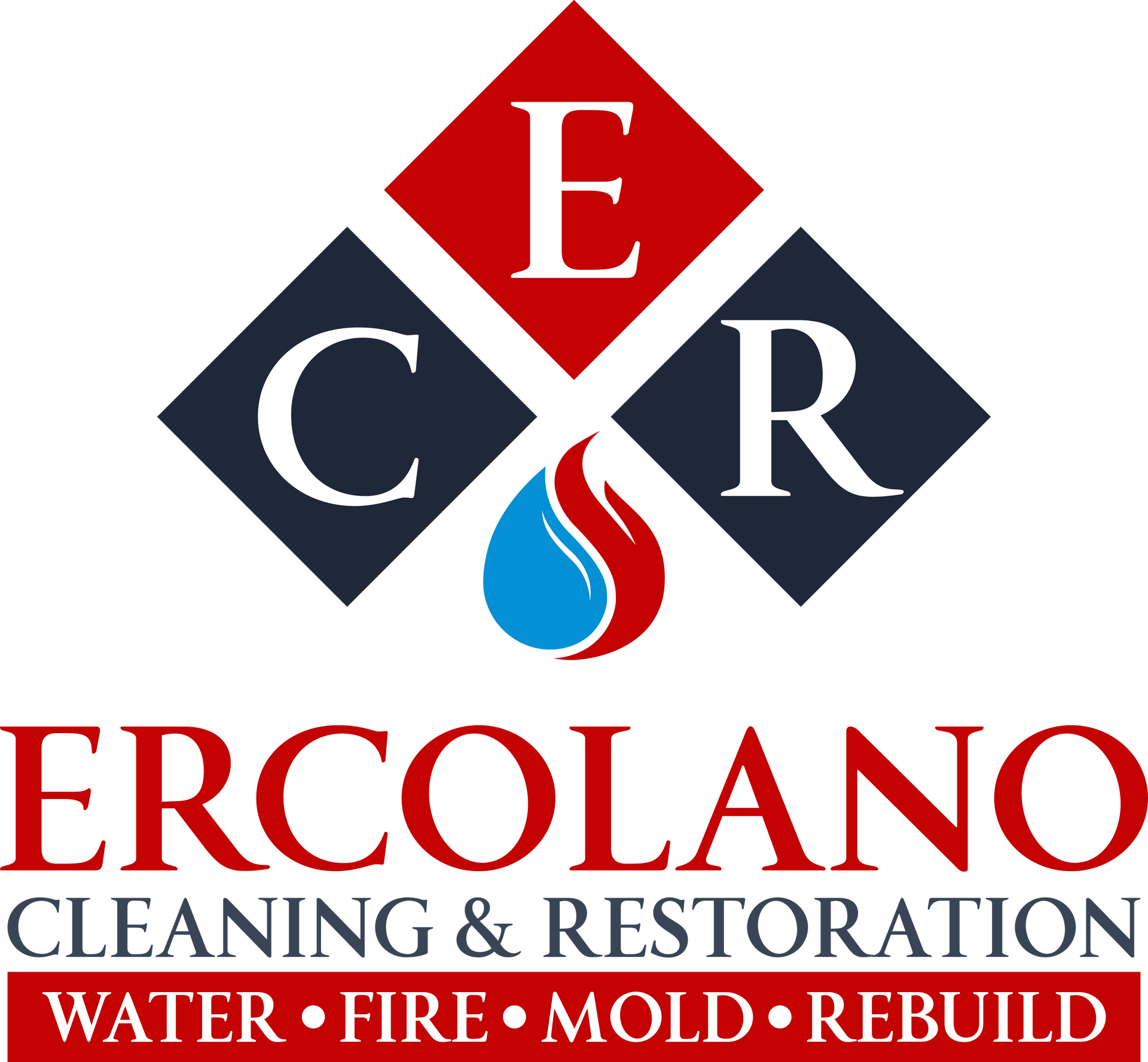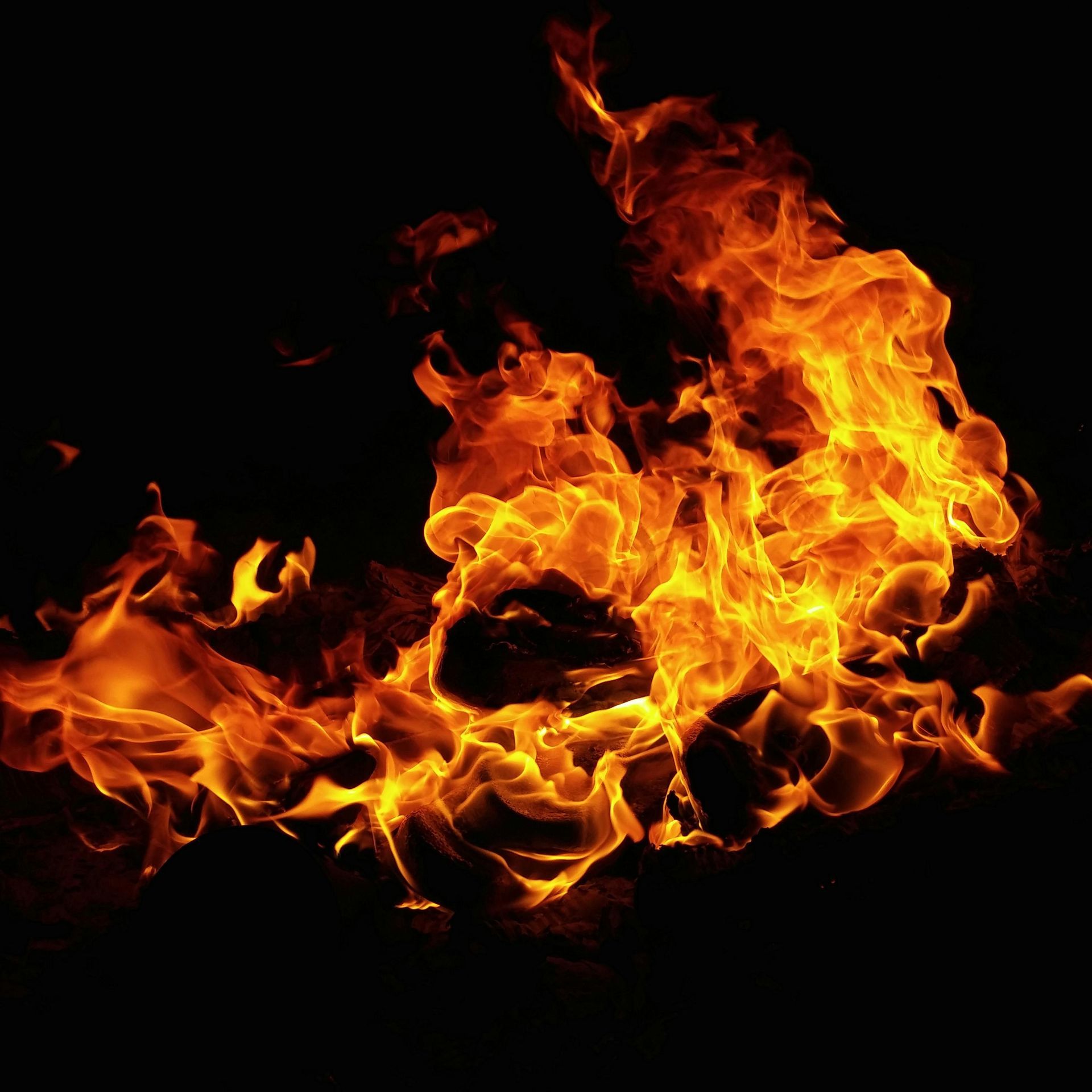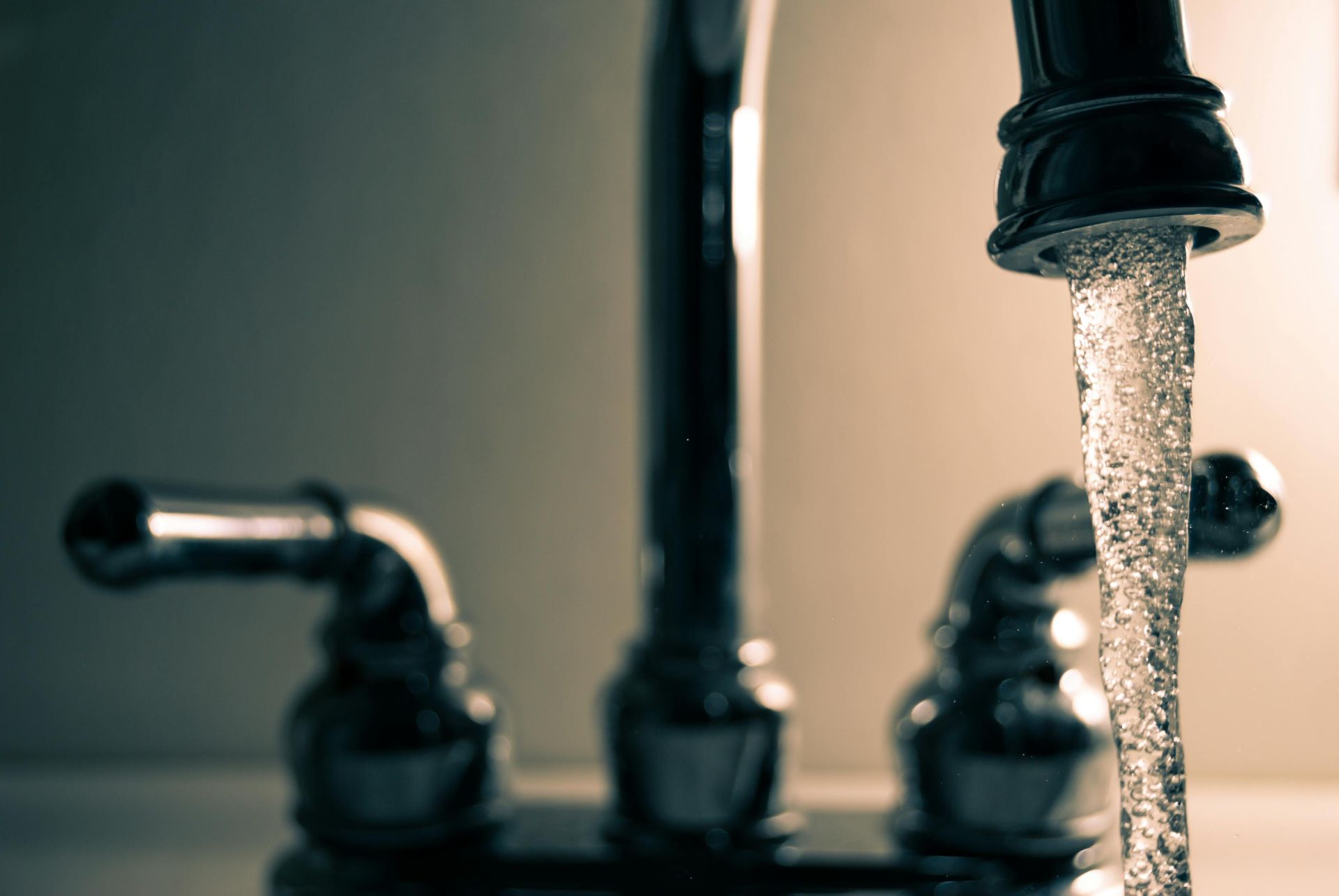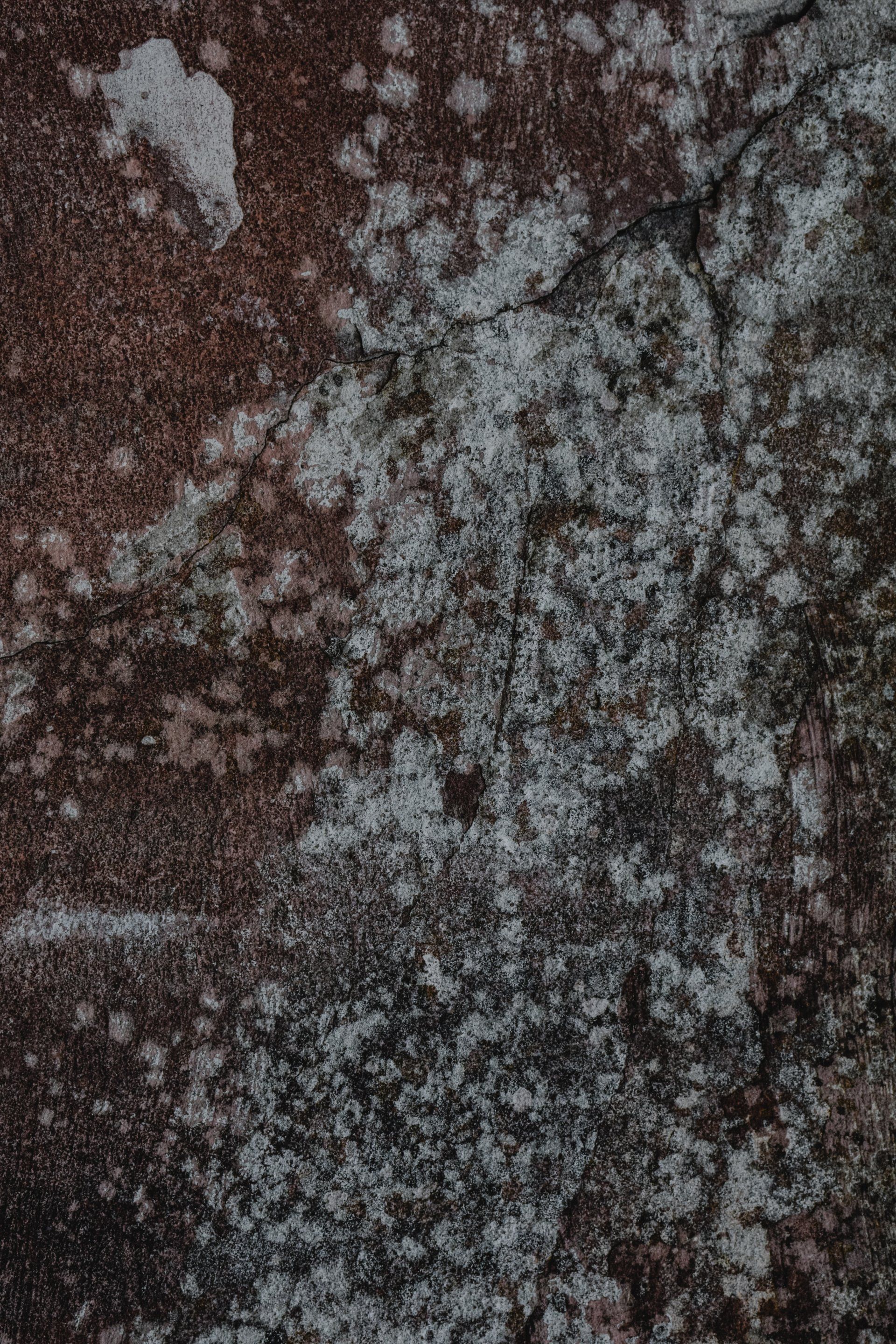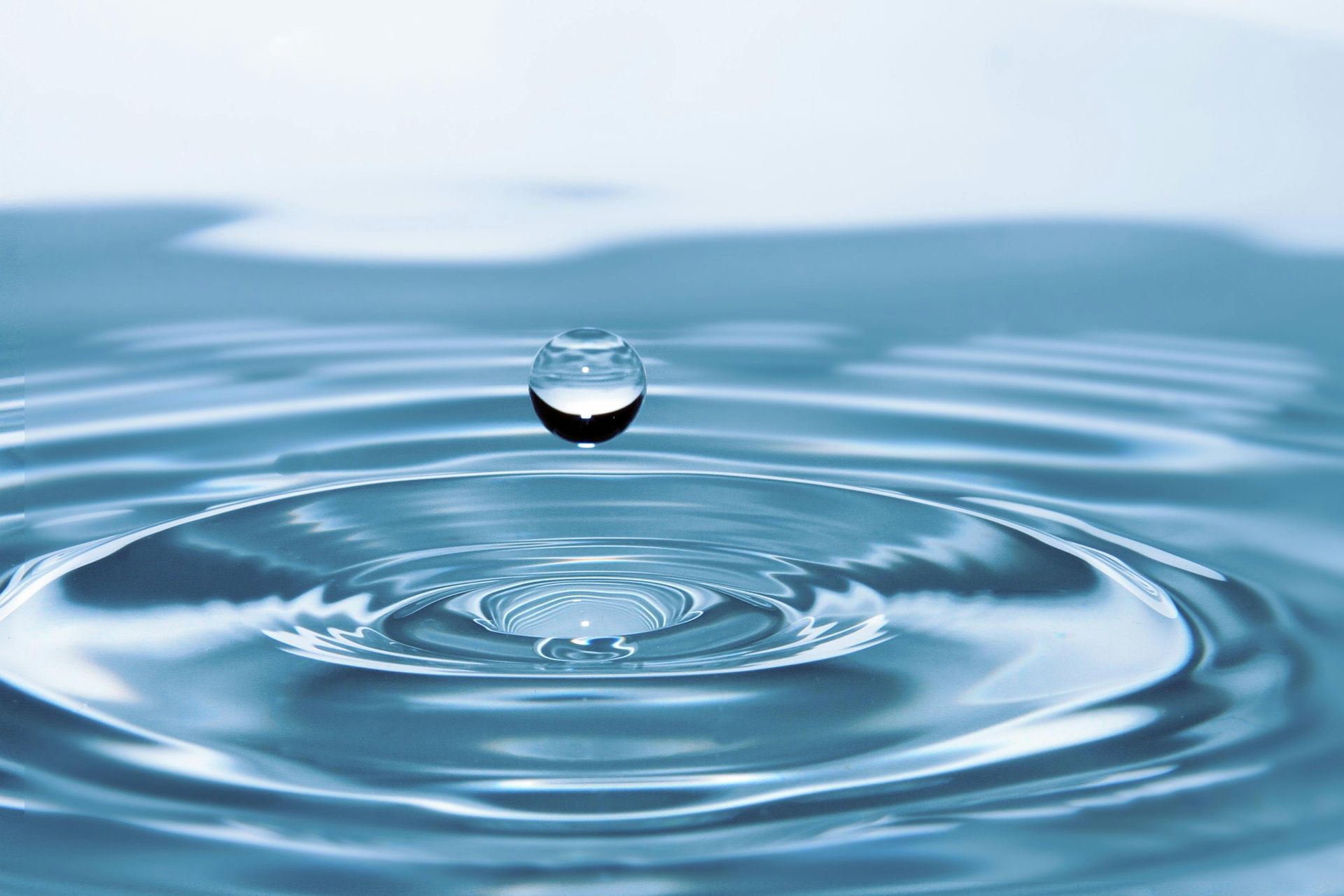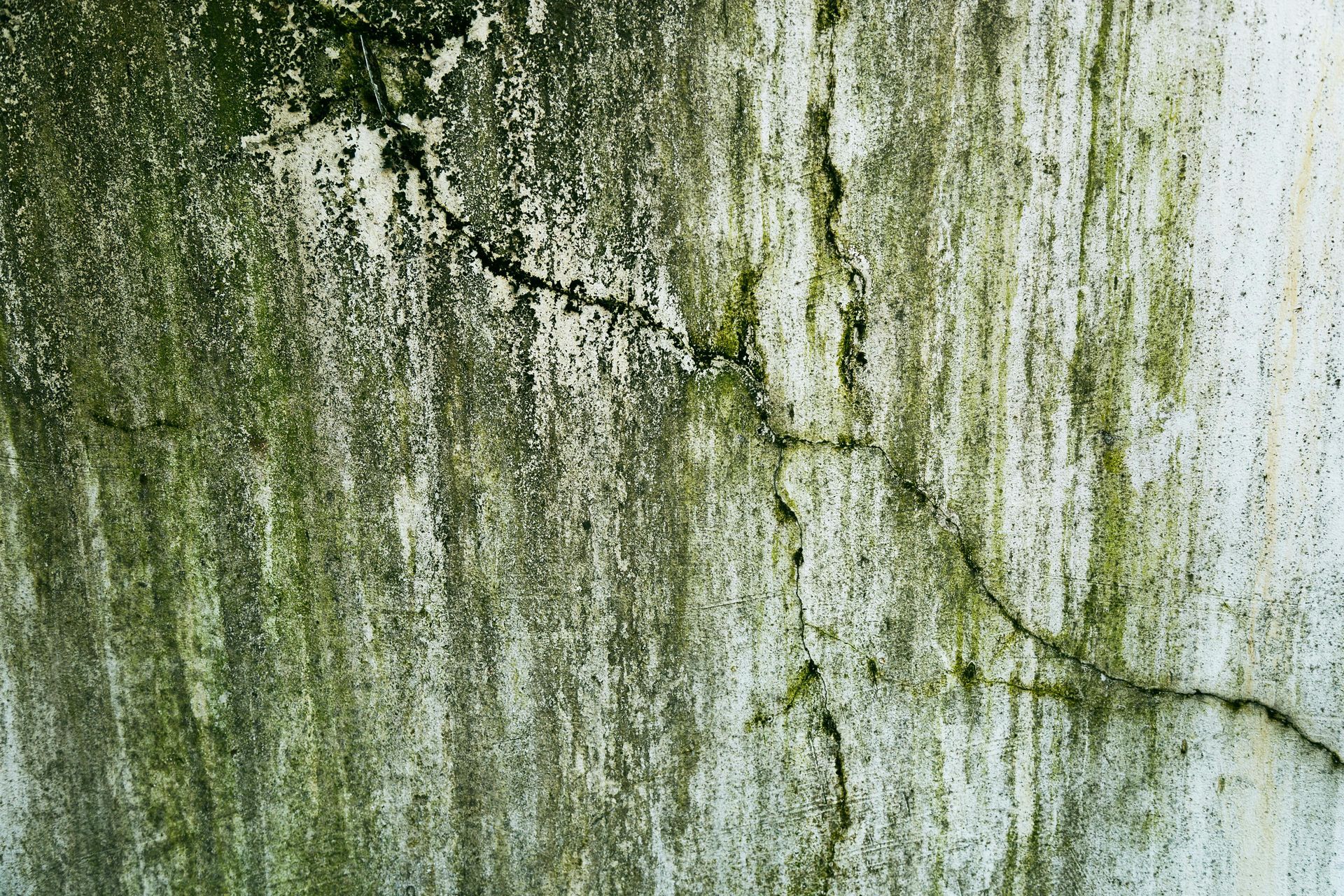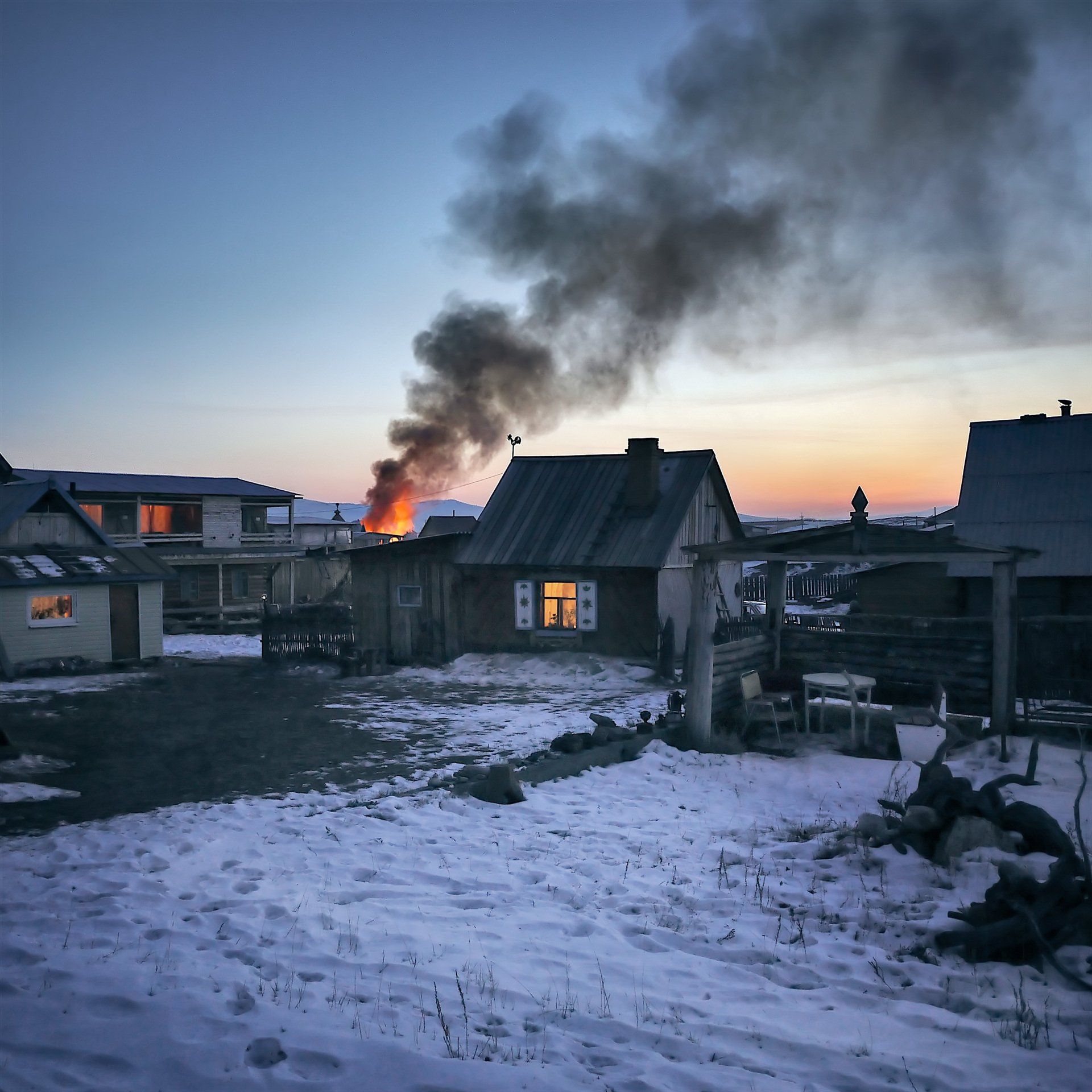How to Respond to Water Damage in Your Home
How to Respond to Water Damage in Your Home
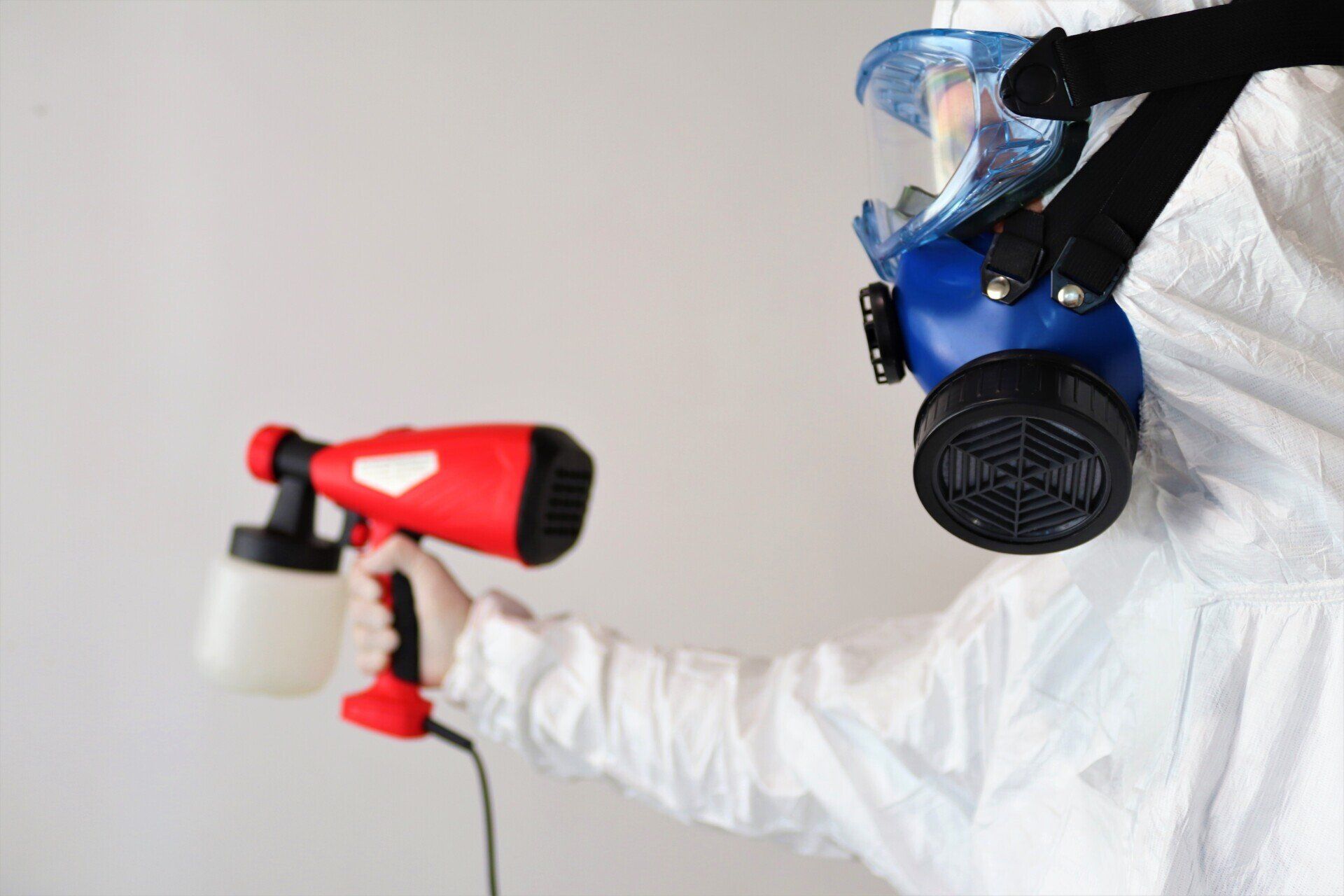
Water damage can occur at any time, often when least expected. From burst pipes and leaky roofs to flooding from severe weather, the effects of water damage can be both immediate and devastating. Addressing water damage quickly and efficiently is essential to minimize the destruction it causes to your home and belongings. At Ercolano Cleaning & Restoration, we specialize in water damage restoration, providing fast and effective solutions to help homeowners recover. In this blog, we will outline the crucial steps to take when responding to water damage and why professional restoration services are often necessary for optimal recovery.
1. Ensure Safety First
The moment you discover water damage, your first priority should always be safety. Water can cause electrical hazards, weaken structural elements of your home, and create slippery conditions that can lead to accidents. Before taking any action, ensure that the area is safe to enter.
If there is standing water and the source of the leak is unknown, or if the water appears to be mixed with sewage, it's crucial to turn off the power supply to the affected area to avoid electrical shock. If the flooding is severe, evacuate the home and call emergency services for assistance.
If the water damage is not severe, make sure to wear protective gear such as rubber gloves and boots when handling any materials that have been in contact with the water.
2. Identify the Source of the Water
Once it's safe to proceed, the next step is to identify the source of the water. In some cases, the water may be from a broken pipe, a damaged appliance, or even flooding due to heavy rain or a leaking roof. Pinpointing the source allows you to take action to stop the flow of water and prevent further damage.
For a burst pipe, you’ll want to shut off the main water supply valve immediately. If the water is coming from an external source like a flooding river or a storm, check if any drainage systems can be cleared or diverted to reduce the water flow into your home. If the source is a leaking roof or faulty appliance, temporarily contain the leak using buckets, towels, or plastic sheeting until a professional can assess and repair the issue.
3. Remove Standing Water
Once the water source is controlled, the next critical step is to remove standing water. This should be done as quickly as possible to minimize water absorption into walls, flooring, and furniture, which can cause long-term damage and create an environment conducive to mold growth.
For smaller amounts of water, using towels, mops, and a wet/dry vacuum can be effective. However, for larger amounts of water, you may need to use professional equipment like pumps or industrial water extractors to remove the water more efficiently. The longer the water sits in your home, the more likely it is to cause permanent damage to floors, walls, and furnishings.
4. Dry and Dehumidify the Affected Areas
Even after standing water has been removed, it’s essential to dry the affected areas completely. Moisture in the air and on surfaces can lead to mold growth and structural weakening, so it’s critical to use proper drying techniques.
Start by opening windows and using fans to promote airflow. Dehumidifiers are also an essential tool for drawing moisture out of the air and drying out damp areas like walls and floors. Be sure to target areas that are often overlooked, such as behind walls, inside cabinets, or under flooring. The goal is to reduce humidity and moisture to prevent mold and mildew from taking hold.
A professional water damage restoration company, like Ercolano Cleaning & Restoration, has access to industrial-grade dehumidifiers and air movers to speed up the drying process and ensure that no moisture is left behind.
5. Clean and Disinfect Surfaces
Once the affected areas are dry, the next step is to clean and disinfect the surfaces to prevent contamination and further damage. Water that enters the home can bring contaminants such as bacteria, mold spores, and dirt, which can be harmful to your health and the integrity of your home.
Cleaning and disinfecting should focus on materials that have been directly exposed to water, including flooring, furniture, and walls. For non-porous materials like glass, plastic, and metal, a disinfectant solution will help eliminate bacteria and other pathogens. For porous materials like carpets, upholstery, and fabrics, it may be necessary to clean them using specialized equipment or consider replacing them if the water damage is too severe.
6. Check for Mold Growth
Mold can begin to grow in as little as 24 hours after water exposure, so it’s essential to monitor for signs of mold growth throughout your home. Mold thrives in damp, humid environments and can cause health problems, including respiratory issues and allergic reactions.
Check areas such as basements, bathrooms, and attics—places that tend to retain moisture more easily. If you notice a musty smell or see visible mold, it’s crucial to act quickly to remove it. While you may be able to clean small mold patches yourself, larger infestations require professional mold remediation services to ensure proper removal and prevent future growth.
7. Restore and Repair Damaged Areas
Once the area has been cleaned, disinfected, and thoroughly dried, it's time to address any structural or cosmetic damage. Water can compromise the integrity of walls, floors, ceilings, and cabinetry, and if left unrepaired, these issues can worsen over time.
Professional water damage restoration services will typically include repairing or replacing damaged drywall, flooring, and insulation. Structural repairs may involve reinforcing beams, replacing rotted wood, or repainting affected areas. A comprehensive restoration plan will ensure that your home is fully restored to its pre-damage condition.
Trust Professionals for Comprehensive Water Damage Restoration
Water damage can be an overwhelming experience for homeowners, but taking swift and decisive action can make all the difference in minimizing its effects. From ensuring safety to removing water and restoring your home, every step is critical to protecting your property and your health. At Ercolano Cleaning & Restoration, we specialize in comprehensive water damage restoration services. Our team of experts can help you respond quickly to water damage, mitigating further destruction and ensuring that your home is restored efficiently and safely. With professional-grade equipment and years of experience, we are here to guide you through the entire process—from water extraction and drying to repairs and mold remediation. Call us now!
In Need of Restoration Services?
In need of restoration services? Give us a call at (203) 671-3206 or complete the contact form.
Quick Links
Contact Us
Ercolano Cleaning & Restoration
65 Amity Rd, New Haven, CT 06515, United States of America
All Rights Reserved | Ercolano Cleaning & Restoration
